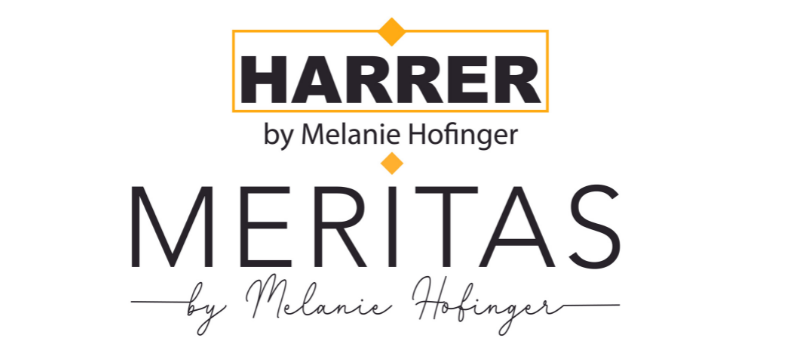Suche

Basic needs
Frederic P. Miller; Agnes F. Vandome; John McBrewster
2010 Alphascript Publishing
156 Seiten
ISBN: 978-613085824---7
Langtext
High Quality Content by WIKIPEDIA articles! The basic needs approach is one of the major approaches to the measurement of absolute poverty. It attempts to define the absolute minimum resources necessary for long-term physical well-being, usually in terms of consumption goods. The poverty line is then defined as the amount of income required to satisfy those needs. A traditional list of immediate "basic needs" is food, shelter, and clothing. Many modern lists emphasize the minimum level of consumption of 'basic needs' of not just food, water, and shelter, but also sanitation, education, and healthcare. Different agencies use different lists. Related approaches, taking their cue from the work of Amartya Sen, focus on 'capabilities' rather than consumption. In the development discourse, the basic needs model focuses on the measurement of what is believed to be an eradicable level of poverty. Development programs following the basic needs approach do not invest in economically productive activities that will help a society carry its own weight in the future, rather it focuses on allowing the society to consume just enough to rise above the poverty line and meet its basic needs.
High Quality Content by WIKIPEDIA articles! The basic needs approach is one of the major approaches to the measurement of absolute poverty. It attempts to define the absolute minimum resources necessary for long-term physical well-being, usually in terms of consumption goods. The poverty line is then defined as the amount of income required to satisfy those needs. A traditional list of immediate "basic needs" is food, shelter, and clothing. Many modern lists emphasize the minimum level of consumption of 'basic needs' of not just food, water, and shelter, but also sanitation, education, and healthcare. Different agencies use different lists. Related approaches, taking their cue from the work of Amartya Sen, focus on 'capabilities' rather than consumption. In the development discourse, the basic needs model focuses on the measurement of what is believed to be an eradicable level of poverty. Development programs following the basic needs approach do not invest in economically productive activities that will help a society carry its own weight in the future, rather it focuses on allowing the society to consume just enough to rise above the poverty line and meet its basic needs.
